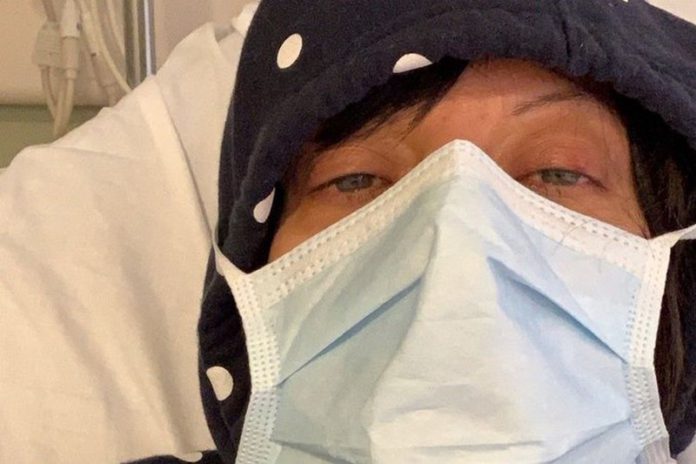Coronavirus infects people through the nose and so the use of face masks is ‘crucial’ for protection, a study claims.
Investigations by Professor Zheng Min, of the National Clinical Research Centre for Infectious Diseases at Zhejiang University in China, were done to find out if coronavirus could infect through the nose after the disease broke out in Wuhan.
The research found ACE2 – a receptor binding protein targeting coronavirus – expressed cells in nasal tissue, The South China Morning Post reports.
Professor Zheng Min also identified the virus in a patient’s nose samples when tested – but this research was based on only one donor.
Chinese Health authorities strengthened the protection of health care workers and citizens, imposing the use of masks in public.
A study in the UK, led by Dr Waradon Sungnak at the Wellcome Sanger Institute in Cambridge, showed ACE2 expression in the nose could be higher than in the mouth and throat.
Some cities around the world have imposed the rule of wearing face masks in public – in the UK it is not a must.
But Britain is now believed to be stockpiling face masks to be used on public transport and in shops.
Michael Gove has revealed that a “domestic effort” has been launched to slow the spread of coronavirus by producing masks that “limit the droplets that each of us might be responsible for.”.
His commitment comes after Scottish First Minister Nicola Sturgeon advised Scots to wear masks.
She said coverings should be worn in enclosed spaces, such as shops or on public transport.
It is thought that her advice is likely to become United Kingdom-wide guidance in the coming days, although the government in Westminster has so far stopped short of it, referring to the science behind their effectiveness as “weak”.
The Telegraph reports that the government wants to delay an announcement on face coverings until it has stockpiled enough.
The government said on Tuesday it is carefully reviewing the advise of its SAGE scientific committee and will make public any changes in policy.

